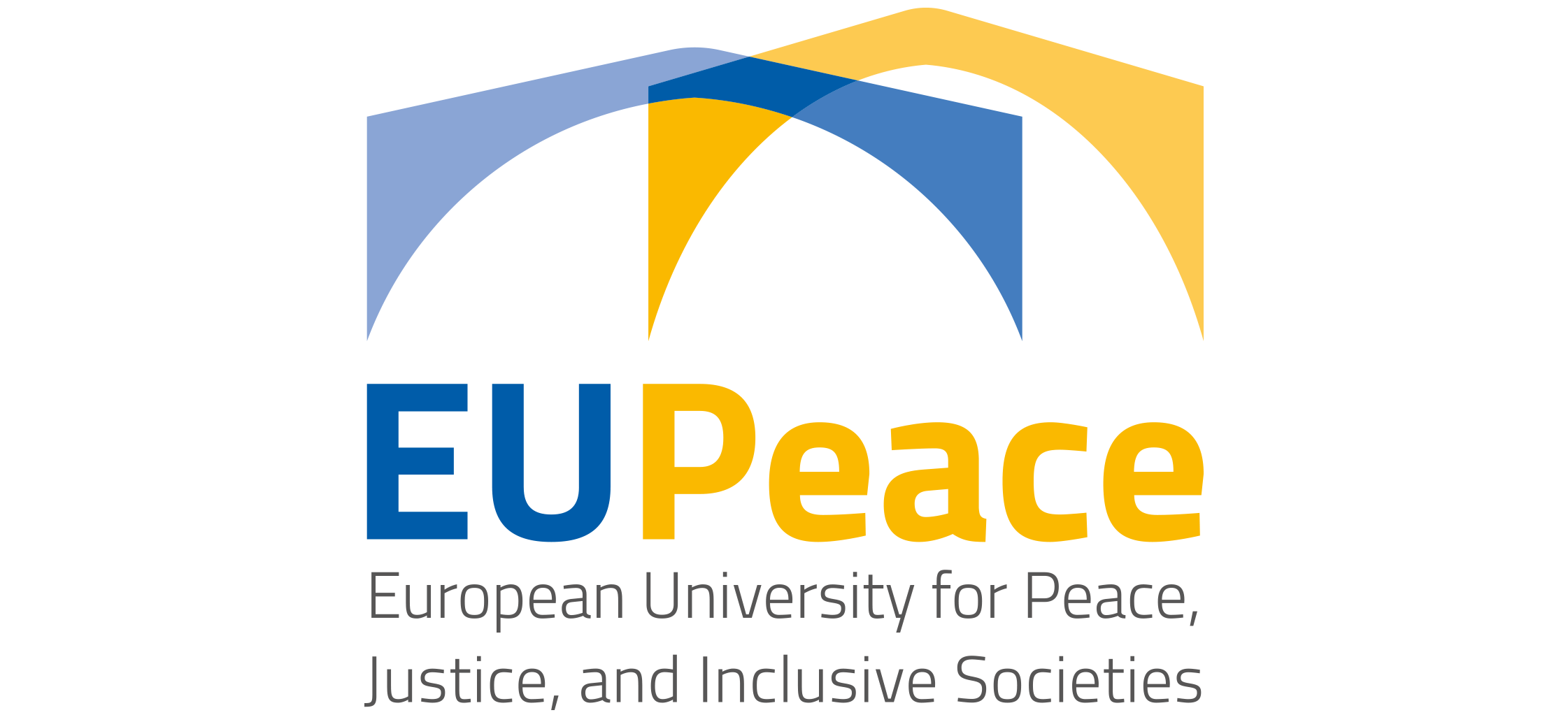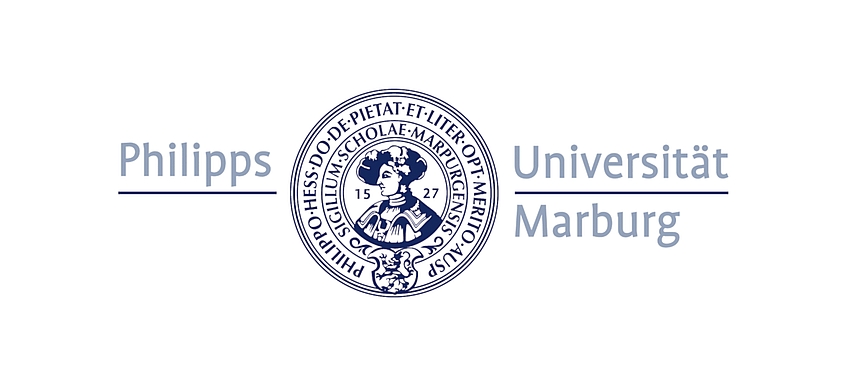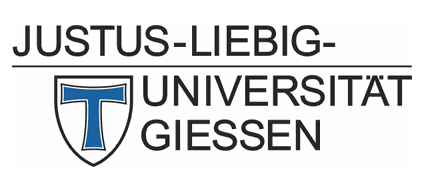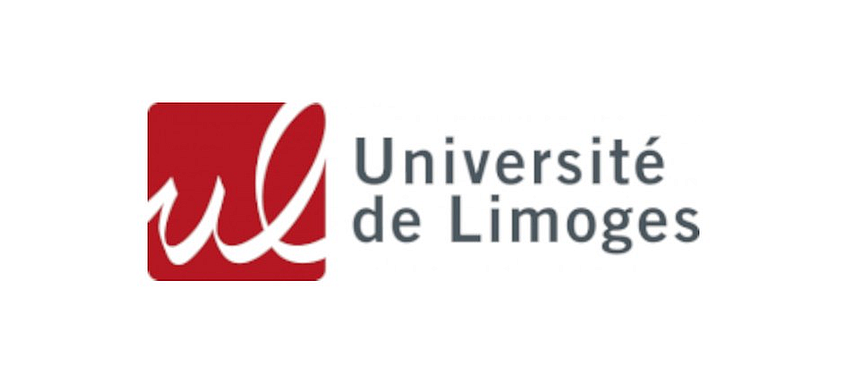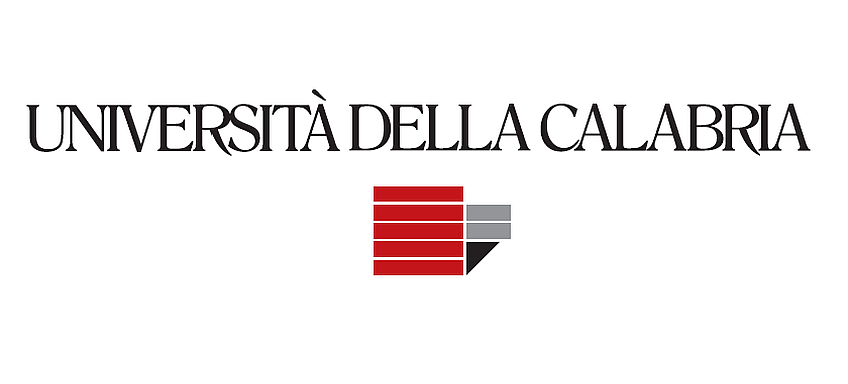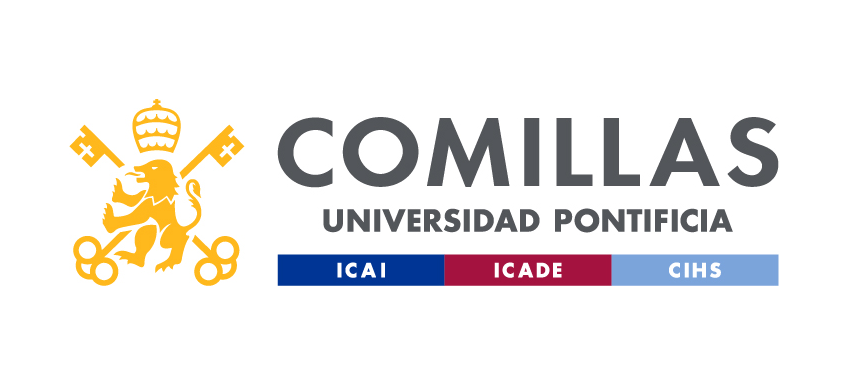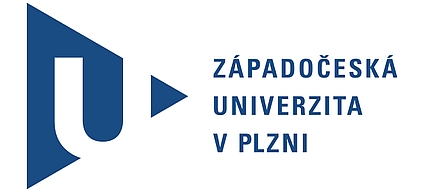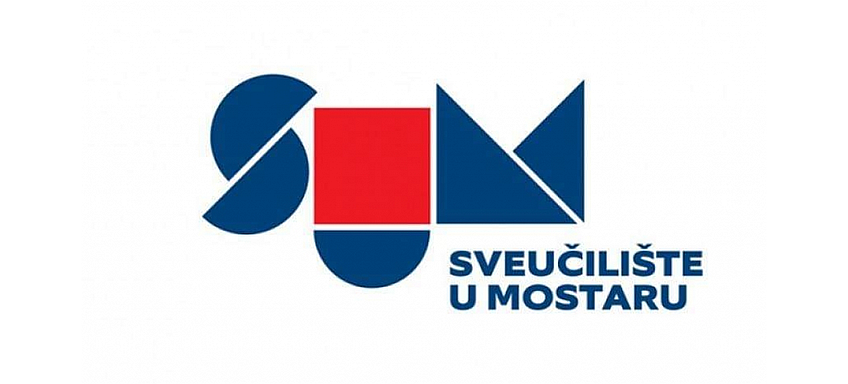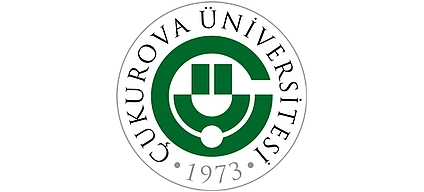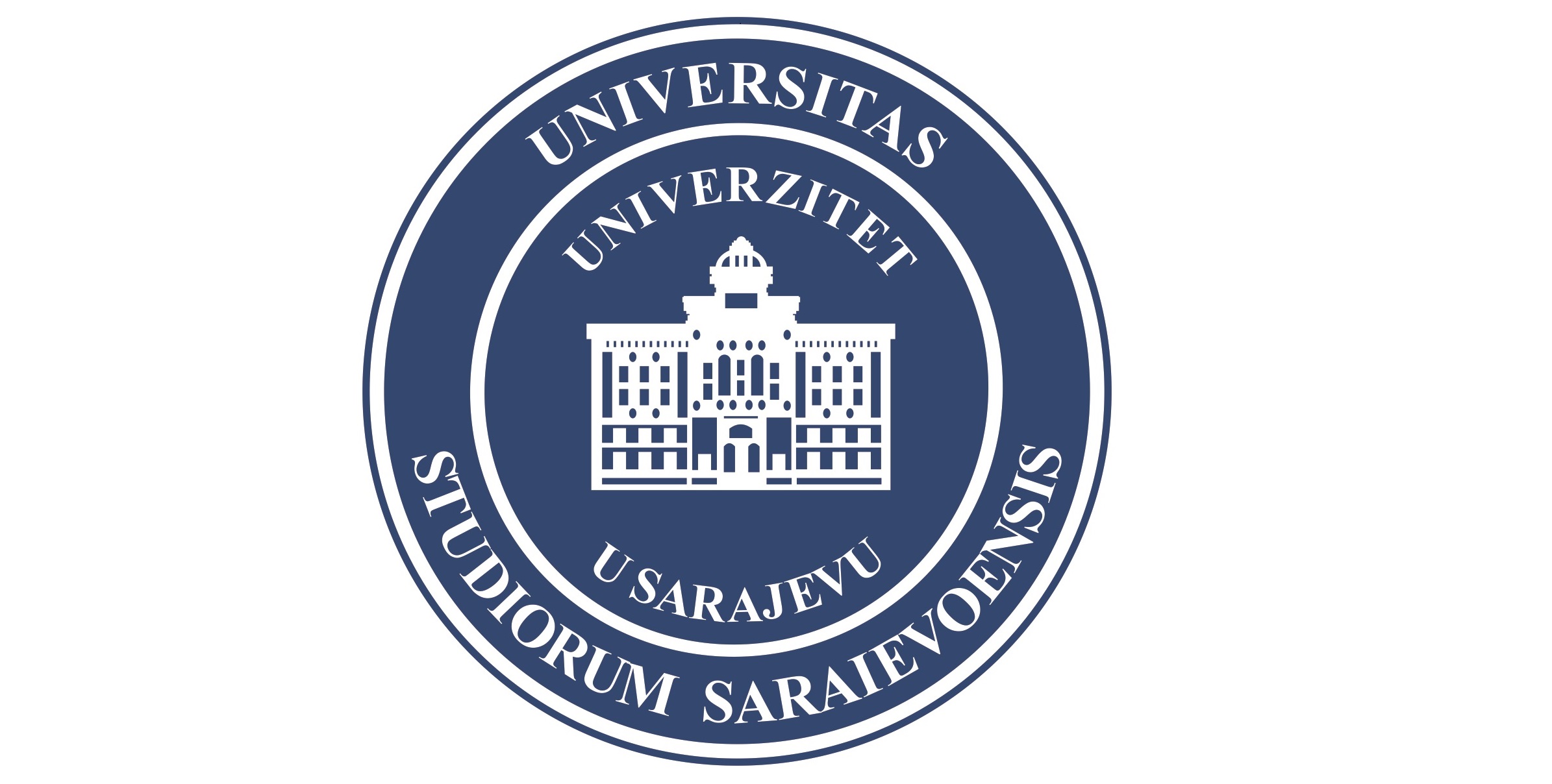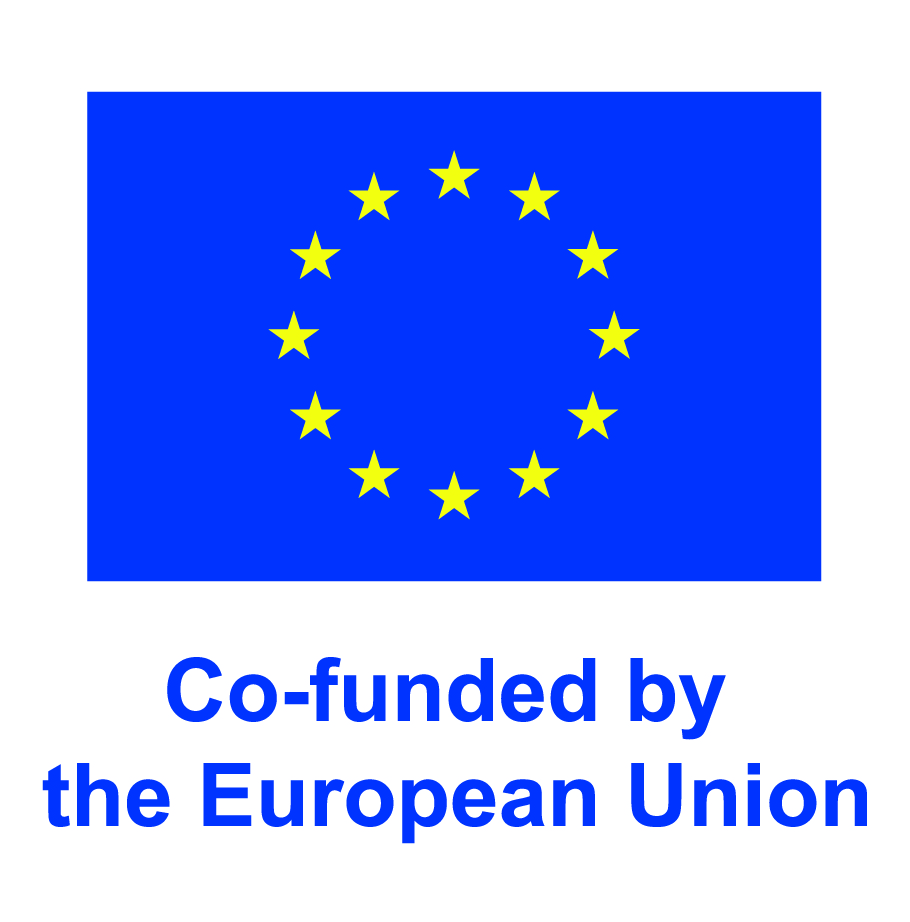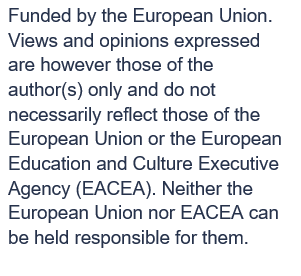Main Content
Education

Education lies at the heart of all universities and EUPeace will therefore achieve its strongest impact thanks to the teaching and learning experience offered to all our students and a future generation of teachers. They are the ones who will make a difference tomorrow and shape their living environment. Therefore, besides the cultural experience of Europe, intrinsic to hybrid and physical mobility, our main specific contribution consists in reshaping our curriculum together with our students; to make them aware that peace, justice, and inclusive societies require professional skills and knowledge as a foundation and, in addition, compromise hard work, and creativity - and equip them to face this challenge in their lives as professionals and citizens. Each student, within their own field of competence, will learn how their knowledge and skills can contribute to cultivating the underlying conditions where peace and justice can blossom.
In order to reach these goals EUPeace has laid out a detailed work plan and objectives to be achieved implemented by different work package teams. There are overlaps and connections between certain tasks which is why the work packages are closely cooperating:
With the work package Transforming Curricula EUPeace will develop and implement two Flagship Actions to offer a joint European immersion and mobility experience. With the creation of the European Core Curriculum (“European Track”), we will develop both EUPeace signature content and formats of teaching and learning, available to any student within the Alliance. The aim is that all students graduating from one of the Alliance’s universities have experienced intercultural and interdisciplinary collaboration as well as a strong theoretical and practical knowledge of inclusion and necessary conditions for peace, justice, and inclusive societies. By advancing European Degrees with strongly integrated curricula across institutions, we foster a specific profile of EUPeace students, graduates and alumni, who will go on to become change agents for Europe.
With the guidance of the EUPeace Education Board (EB), the members are conducting a curricular mapping at all Alliance universities. This is the basis for the development of the European Track as a joint curriculum for all students as well as European Degrees at Master level. The work package will furthermore develop EUPeace-specific content and a blended teaching methodology to offer EUPeace Modules for International Credit Mobility, a step crucial to enable mobility (physical, blended, virtual). This is accompanied by the launch of a EUPeace Virtual European Exchange Programme. In order to enable internships and placements as well as co-supervised Master theses across the Alliance Work- and challenge-based learning units are being created. To foster innovative pedagogies and integration into curricula, EUPeace will set up a Teaching Staff Academy to function as the Alliance’s platform for these objectives. Topics will be innovative teaching methods; capacity building for digital literacy, both for local and international collaborative teaching formats; and developing innovative methodologies for “Teaching Europe”, including Teaching Staff Academy Weeks as well as Teaching Staff Exchange, within the Alliance. For broad involvement and training of the teaching staff, activities include an Annual Conference on “Teaching Europe” which includes students. Last but not least the work package will develop Micro-credentials across the Alliance as a tool for lifelong learning; particularly beyond academia to meet new and emerging needs in society. The EUPeace universities have substantial experience in implementing lifelong learning offers, inter alia: courses, summer or winter schools, service-learning projects, and certificates.
The Internationalisation of Teacher Education is another Flagship Action within EUPeace. Teachers are key multipliers and role models for European values and concepts. In order to promote pupils’ developing attitudes and skills as well as acquiring knowledge for European citizenship, student teachers and practising teachers themselves need to develop skills and build knowledge, fundamental to a democratic European society in the 21st century. The need to define activities for a comprehensive skill set in future teachers regarding intercultural learning, diversity, inclusive teaching and the concept of global citizenship is a task of this work package for all EUPeace universities.
The work package develops a common “School for All” concept which is open to primary and secondary education students and focuses on establishing principles and standards for the development of a school for all, which will lead to an evolution of mind-set concerning inclusion. Furthermore, a handbook including a concept of levels of European immersion in teacher education is being designed, Summer Schools on “European Perspectives on Teacher Education and Teaching” are being organised and collaborative teaching and learning offers are developed. As mobility is crucial, the work package is also facilitating and encouraging work- and challenge-based learning through internships. Last but not last it will position and develop higher education didactics in teacher training.
Facilitating Mobility to all members of the Alliance is an important goal for EUPeace and the basis to enable education on a European level. Mobility is influenced by a multitude of factors and obstacles (regional setting, structure of university, socio-economic factors, environmental factors, unforeseeable external factors such as the pandemic, individual and personal barriers, etc.). All EUPeace members have strengths and limits in tackling these aspects in different ways and to different degrees. The EUPeace mobility approach expressly addresses the diversity of the member institutions. The aim is to develop a support structure, which not only increases mobility numbers, but also the quality of mobility circulation amongst member institutions. EUPeace will balance efforts to augment the overall amount of student and staff mobilities with enabling mobilities from and to underrepresented areas within the Alliance.
EUPeace will create an all-encompassing mobility system for diverse teaching and learning situations, for the multitude of languages, the diverse social, cultural and economic backgrounds and the members’ diverse mobility requests and needs. All types of mobility (physical, virtual, blended) and all types of target groups will be addressed, including family-friendly and ecologically aware options across the network. This support system is based on already existing structures and pre-Alliance activities. EUPeace is conscious of the advances in virtual mobility and its advantages, especially for people with fewer opportunities. However, at the heart the mobility goals lie the invaluable benefits of personal communication, exchange and interaction that derive from meeting people in a non-virtual setting.
The work package Facilitating Mobility is a service work package to enable seamless mobility by bringing all members to the same level, by implementing Erasmus Without Paper consistently across the Alliance, and by ensuring that all members have sufficient capacity to support blended and virtual environments at the scale required by EUPeace. A Facilitating Mobilities Group (MoG) has been implemented, consisting of mobility experts from all universities. The MoG develops the overall guidelines and support structure for all forms of mobility activities (physical, virtual, hybrid, short & long-term) with and within the EUPeace universities. The MoG will work closely with the EUPeace Student Council, and together with all stakeholder groups (students, faculty and staff), to ensure that the diverse teaching and learning situations, the diverse social, cultural and economic backgrounds and the partners’ diverse mobility requests and needs are taken into consideration.
The overall goal of increasing mobility circulation numbers will be is approached by the realisation of horizontal priorities in mobility. EUPeace will make use of all funding and support options available through Erasmus+ and other programmes to increase physical mobility across the Alliance. The availability of courses in English every semester that add up to at least 30 ECTS at all member institutions as well as continuous efforts in capacity building across the Alliance via the Teaching Staff Academy are being implemented. EUPeace will furthermore enable blended mobility by, for example, enabling visits of academic and non-academic staff to prepare subject-related joint Blended Intensive Programs (BIP) and short-term exchange programs (excursions) for students between EUPeace members. Virtual mobility will be offered across the Alliance as it can be a trigger for future physical mobility and will therefore be embedded as a low-threshold option for international and intercultural exchange for everyone in the Alliance.
By creating a Shared Digital Campus EUPeace will connect the IT systems of the universities with the aim of simplifying the admission of and attending to mobility of students and staff. In order to offer target-group specific mobility information for students and staff, EUPeace will create a shared gateway for mobility related information. Comprehensive information about mobility options within the Alliance will be provided to enable exchange across all member institutions for all target groups. This includes the implementation of a EUPeace Course Repository that contains all courses (with guaranteed credit transfer across the Alliance) related to EUPeace in the broadest sense.
The importance to include administrative and technical staff is addressed by the realisation of International Staff Weeks for administrative and technical staff, with a focus on mobility. EUPeace acknowledges the importance of involving administrative and technical staff right from the start by enabling mobility share best practices and discuss intermediate results of tasks in a regular fashion.
A Buddy System is being implemented to support especially international incoming students and staff at all sites. This will create an environment that promotes all forms of mobility to all stakeholder groups by reducing real and perceived mobility obstacles (such as language competence, academic recognition, funding, fear of prolongation of overall study-time, fear of leaving family and friends) through a peer-to-peer approach.
Campus and Student Life
In order to create the basis for a joint European immersion and mobility experience for all, EUPeace will establish an Inclusive European Campus. This campus is our main lever to deeply internationalise our institutions so that the default background against which all staff and students carry out their activity will be international.
To fill the EUPeace inter-university campus with life, we will establish a EUPeace Student Association and organise student cooperation in a collaborative way. The Student Association will discuss and implement key EUPeace initiatives led by the student community. EUPeace will furthermore develop and implement student-led joint events across the EUPeace Campus explicitly involving the student body in the design. The Association is part of the EUPeace Flagship Action on student organizations and will closely interact with the EUPeace Student Council.
The work package will devise an Action Plan for Inclusive, International Campus Spaces by creating a toolkit, that enables all EUPeace sites to implement campus structures and activities that transform everyday campus life into a more inclusive, diverse, and international campus experience for students and staff alike. This will include the identification of best practices for international and inclusive campuses as well as a joint EUPeace Code of Conduct and “EUPeace Label” for best initiative on diversity and inclusiveness.
EUPeace will make local and virtual student services available to all students across the Alliance to facilitate seamless and casual, physical and virtual mobility. This will include a joint EUPeace Student ID. The shared services tie directly into the Shared Digital Campus and the Shared Gateway described above.
The Student Council will issue annual calls for virtual or physical event proposals that do not have to be academic events, but are designed to strengthen the cohesion and inclusion of the campus community. It will furthermore organise a EUPeace Student Campus Festival, once every two years with participation of all members, hosted at different sites, that is a chance for students to contribute and highlight their ideas for EUPeace.
With “Campus as a Lab” EUPeace will initiate Student Projects (“Challenges”) to practice peace, justice, and social inclusion. It constitutes a laboratory and development platform for the EUPeace campus community, where ideas can be continuously experimented with. To adequately address the identified issues and pressing concerns, experts from the local communities and civil society actors will be invited to add their voices during, for example, roundtable discussions. The solutions and propositions from the Challenges will be fed back into society. This task also ties into the Living Peace Lab.

The European Core Curriculum („European Track")
With the creation of the European Core Curriculum (“European Track”), EUPeace will develop both EUPeace signature content and formats of teaching and learning, available to any student independently of the specific subject area within the Alliance.

Internationalisation of School Teacher Education
A key channel for EUPeace to create long-lasting impact lies with the training of primary and secondary school teachers, which represents an important mission for many of our institutions.
Find out more!

Strong Student Organizations
An EUPeace Student Association is in the process of being founded as another Flagship Initiative with the aim to start joint grassroots initiatives.


